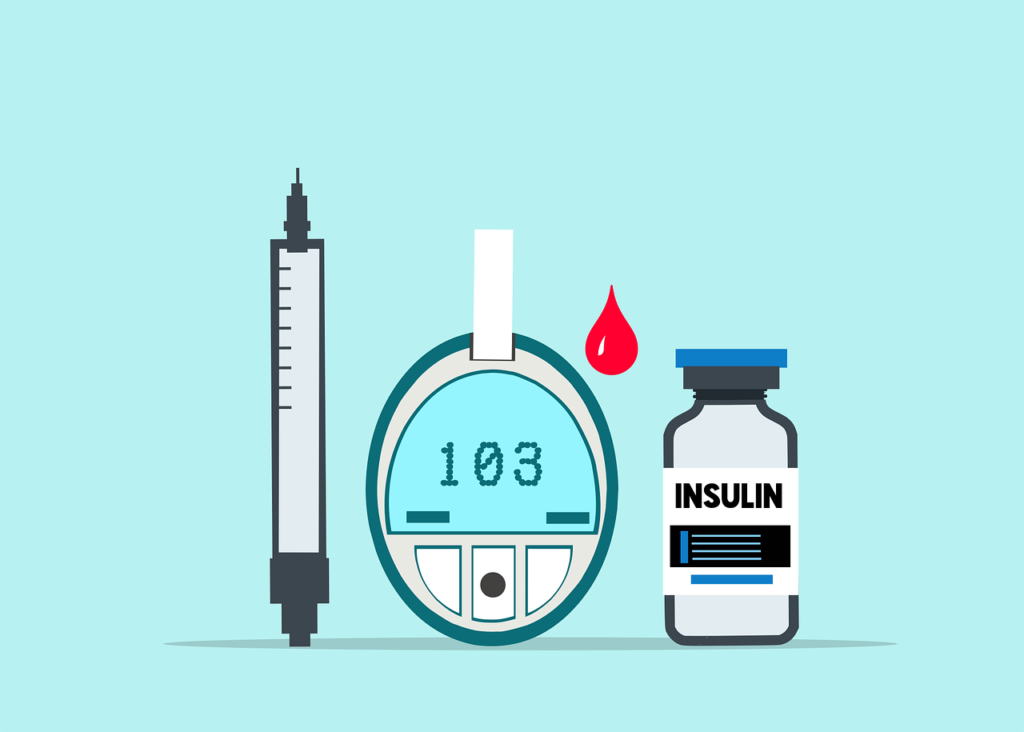What is Male Diabetes
Diabetes is a serious and increasingly prevalent health condition that affects millions of people worldwide. While diabetes can affect both men and women, it is important for men to be aware of the warning signs and symptoms specific to them. Early detection and management of diabetes can greatly improve health outcomes and reduce the risk of complications. In this article, we will explore the common symptoms and signs of diabetes in men, as well as the risk factors that make men more prone to this condition.

Understanding Diabetes
Before we dive into the warning signs, it is essential to have a basic understanding of diabetes. Diabetes is a chronic condition that affects the body’s ability to regulate blood sugar levels. There are two main types of diabetes: type 1 and type 2.
Type 1 diabetes is an autoimmune disease where the body’s immune system mistakenly attacks the cells in the pancreas that produce insulin. Insulin is a hormone responsible for regulating blood sugar levels. People with type 1 diabetes need to take insulin daily to survive.
Type 2 diabetes, on the other hand, is the more common form of diabetes and is largely driven by lifestyle factors such as poor diet, sedentary lifestyle, and obesity. In type 2 diabetes, the body becomes resistant to insulin or does not produce enough insulin to regulate blood sugar effectively.
Common Symptoms of Diabetes
Regardless of the type of diabetes, there are some common symptoms that men should be aware of. These symptoms may include:
- Increased thirst and frequent urination: Excessive thirst and frequent trips to the bathroom, especially during the night, can be early signs of diabetes.
- Unexplained weight loss: Sudden weight loss without changes in diet or exercise habits can be a sign that blood sugar levels are not properly regulated.
- Fatigue and lack of energy: Diabetes can cause feelings of tiredness and exhaustion, even after a good night’s sleep.
- Blurred vision: High blood sugar levels can affect the lens of the eye, leading to blurred vision.
- Slow-healing wounds: Diabetes can impair the body’s ability to heal wounds, increasing the risk of infections and other complications.
- Tingling or numbness in the hands or feet: This symptom, known as peripheral neuropathy, can be a result of nerve damage caused by elevated blood sugar levels.
Signs of Diabetes in Men
In addition to the common symptoms mentioned above, there are specific warning signs of diabetes that men should pay attention to. These include:
- Erectile dysfunction: Men with diabetes may experience difficulties in achieving or maintaining an erection. High blood sugar levels can damage blood vessels and nerves, impacting sexual function.
- Decreased libido: Diabetes can also decrease sex drive in men due to hormonal imbalances and the impact on blood flow.
- Frequent yeast infections: Men with diabetes may be more prone to developing yeast infections, particularly in the genitals. High blood sugar levels create an ideal environment for the growth of yeast.
- Urinary tract infections: Diabetes can increase the risk of urinary tract infections in men. The elevated sugar levels in urine provide a breeding ground for bacteria.
- Decreased muscle mass: Individuals with diabetes often experience muscle wasting, leading to decreased muscle strength and overall physical functioning.
Risk Factors for Men
While anyone can develop diabetes, there are certain risk factors that make men more susceptible. Understanding and addressing these risk factors can help in the early detection and prevention of diabetes. Some of the common risk factors for men include:
- Age: The risk of developing type 2 diabetes increases with age, particularly after the age of 45.
- Obesity: Being overweight or obese significantly increases the risk of developing diabetes. Men with excess belly fat are particularly at risk.
- Sedentary lifestyle: Lack of physical activity and a sedentary lifestyle can contribute to the development of diabetes.
- Family history: Having a close family member, such as a parent or sibling, with diabetes increases the risk.
- High blood pressure: Hypertension is a risk factor for diabetes. Men with elevated blood pressure should be mindful of their overall health.
- Unhealthy diet: Consuming a diet high in processed foods, sugary drinks, and unhealthy fats increases the risk of diabetes.
Importance of Early Detection
Early detection of diabetes is crucial for managing the condition effectively and preventing complications. By recognizing the warning signs and addressing risk factors promptly, men can take control of their health and make necessary lifestyle changes. Regular check-ups with a healthcare provider are key to monitoring blood sugar levels and detecting any abnormalities.
When diabetes is not properly managed, it can lead to serious complications such as heart disease, stroke, kidney problems, nerve damage, and even amputations. Taking proactive steps to manage diabetes can greatly reduce the risk of these complications, allowing individuals to live healthier and longer lives.
Conclusion
As a man, being aware of the warning signs and risk factors of diabetes is essential for maintaining good health. By understanding the symptoms and seeking early detection, men can take steps to manage their blood sugar levels effectively through lifestyle modifications, medication, and regular medical care. Remember, knowledge is power when it comes to preventing and managing diabetes. Stay informed, take control, and prioritize your health.